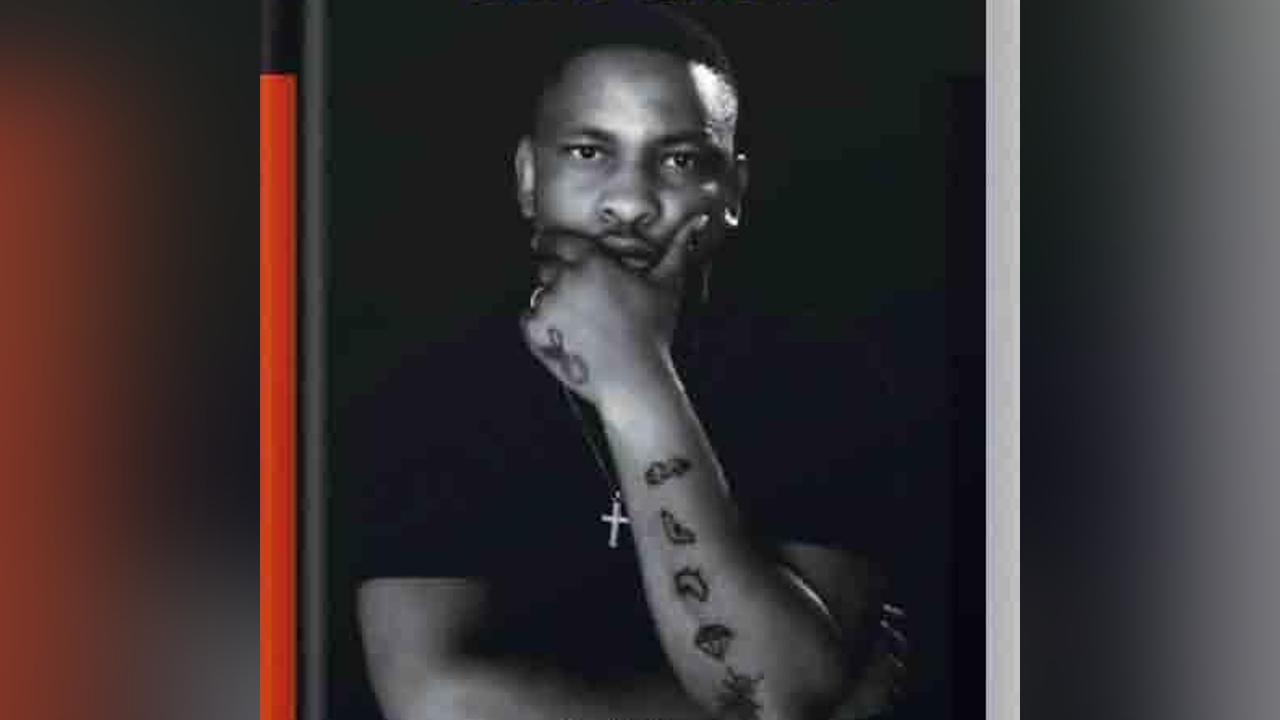Africa-Press – Lesotho. When you grab a copy of I am proud to be ashamed the first thing that comes to mind is “regretful decisions that groomed one into a straight man”. I am proud to be ashamed is a book that explores the real life events of Limpho Lepheana who grew up as a “taboo”, being raised by everyone of his blood relations but never his mother.
This narrative focuses on the consequences of an absent father or a male figure in a boy child’s life. Limpho Lepheana, born in Qacha’s Nek and raised in different parts of the world walks us through his journey and his story is authored by Lineo Matlakala who uses what might be referred to as the free verse style of writing.
She writes “This book is for parents raising baby boys, young men finding their place in life as well as those silently battling with life’s challenges. There is something for everyone to relate to”. One of the issues discussed in I am proud to be ashamed is abuse; drug, emotional and physical abuse.
We see how Limpho always resolved to abuse, especially drugs and assault, to escape his misery that is the void that is left by not knowing his paternal father.
How he came to know he and his two brothers ascended from two different bloodlines started when he joined them and his mother in their home when he was already eight-years-old.
Issues of his paternity would constantly be thrown around until he believed them and learned of the gap between his supposed father’s death and his birth that was two years apart.
To build a relationship with his brothers and be accepted for whom he was or is Limpho started acting like his brothers, abusing drugs and sleeping around. But if he had a father to guide him none of these could have happened but as he keeps saying, “It all started when I was born”.
And to contribute to this, his mother would also not entertain questions about his father and would constantly dismiss him whenever he enquired about his paternity.
Being so desperate for a father and craving his presence, Limpho left his home for KwaZulu-Natal where he worked for Raj, his mother’s not so angelic ex-boss. He experienced life with a father and was taught everything a son would expect to be taught by his father.
But because he “behaved like a son who didn’t get his father’s traditional rituals done…” (p 238), he kept messing up the good relations he had with Raj the same way he did with every other girl he met, impregnated and forced to terminate the pregnancy.
The struggle between being a better person and staying true at it is another issue we come across in I am proud to be ashamed. In about eight parts of the book, Limpho kept trying very hard not to be his father.
He so much tried righting his wrongs but a leopard never changes its spots. We see how much he wanted to be a present father to a baby he always doubted its conception.
This did not happen once but twice but because he knew the struggle of growing up without a father, he didn’t want his forced son to walk down the same path.
The tussle to escape the bad energy brought upon anyone who was not properly introduced to their paternal ancestors is another issue Limpho came across in his life.
Traditionally, every new-born baby is introduced to those that walked the earth before them by slaughtering an animal as a form of a sacrifice to plead with them to watch over him and guide him throughout their journey.
Limpho proved himself to be a true traditional man at a very young age because he went extra miles to find his father which became fruitful in page 238 through a man he knew from back home in Qacha’s Nek. He met his half-sisters and vowed to be a better person because now he had found his true identity.
Limpho’s non-existing relationship with both his fathers (the late supposed father and the late biological father) shapes up much of his violent, abusive behaviour he proved in his teenage and young adult years.
He wanted so much to rise above his father’s negligence and his mother’s dismissive behaviour whenever he raised questions about his father. He associated with the bad guys and gang members to obtain a title for himself in a society that saw him struggle.
He looked down on women and treated them as objects because he used them to escape his reality. He was aggressive and frequently battered his girlfriends and forced them to clean up after him.
His breakthrough came when he one day woke up from a life of massive debts way passed his pay cheque, weekends of endless drinking and numerous abortions from numerous women.
But “As it turned out, while I loathed in self-pity for two hours in the car, I missed a very important meeting with the company’s director. I was not even aware he would be in on that day.
The fact that I still smelled like a bar and looked like yesterday when I met him made things worse. I was fired on the spot. That was a wake up call I had been waiting for”.
On the issue of abuse Limpho says “what I need for women to know is that a man who hits you is fully aware of what he is doing…There is absolutely nothing you can do to change an abusive man unless he truly wants to or chooses to”.
This enlightening book by a man who is a living proof of the hardships brought by an absent father, raised by a mother who denied him a chance to know his roots ends by stating “I will never know what it feels like to be a woman and have the love of my life ask me for a paternity test, however, I have heard that it is insulting. What I am however is a man who got f*** over, twice…sometimes we are a***who freak out and deny children we know that we fathered”.


For More News And Analysis About Lesotho Follow Africa-Press






